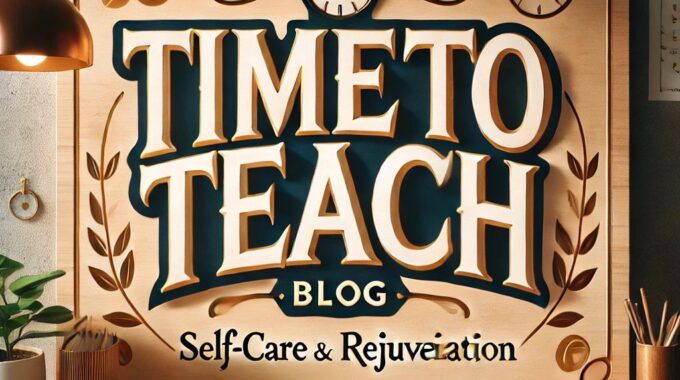As we turn the corner into spring, it’s the perfect time to refresh our teaching…
2 questions about cheating, copying, and student ‘integrity’
We believe in thanking our sources! This post was sourced from the following blog/website: http://feedproxy.google.com/~r/dangerouslyirrelevant/~3/PhCyy4bH_64/2-questions-about-cheating-copying-and-student-integrity.html
The following is a new blog post related to education and teaching and relevant to our website visitors. The blog post is not based on the opinions or values of our company but is related to education and teaching, so we wanted to share it with YOU! If you ever have any questions please let us know. Now… on to the post!
We’re so quick to bemoan the lack of ethics in our students. They cheat. They copy. They take shortcuts on the work. We complain incessantly about their work ethic, their commitment to their classwork and homework, and their failure to find interest or meaning in the learning tasks we put before them.
Lost in these laments is any recognition that a vast amount of what we ask our students to do in school is indeed actually meaningless. From a life success standpoint. From a future relevance standpoint. From a ‘you can look this up in Google in 3 seconds so why I am spending days on this?’ standpoint. From a ‘why on earth would a [x]-year-old care about this at all?’ standpoint.
Questions
1. If we repeatedly put meaningless work in front of students – and, in turn, they repeatedly do whatever it takes to get that work out of the way as quickly as possible so they can get back to something more meaningful in their lives – whose ‘integrity’ is the real concern?
2. If our responses to the first question are along the lines of ‘we know better than they do what they need’ or ‘there are things students have to learn in this class (and that might mean we have to force students to do them),’ is that a sign of… [select all that apply]
a) our keen judgment and ultimate wisdom as educators?
b) our arrogance?
c) our need for control?
d) our unwillingness to let children actually own their learning?
e) our complicity in the district, state, federal, and corporate curriculum / assessment machinery?
f) our own helplessness as educators?
g) something else?
Those in glass houses should not throw stones. – European proverb
Great marketing [or forced compliance] won’t be enough to boost sales of your junk product. – Seth Godin
Meaning is in the eye of the beholder.
Image credit: Scolding, Louis Ressel
Time To Teach reviews each blog post by our contributors but if you feel this is a blog post better suited for another page please let us know.
Teachers and Educators are our heroes. We want to thank you for the work you do!
Yours In Education!
Time To Teach


Comments (0)